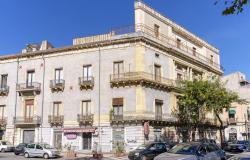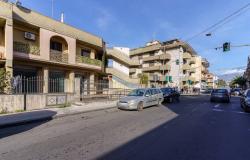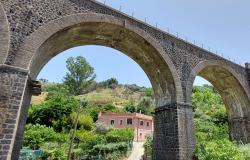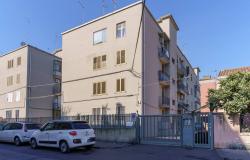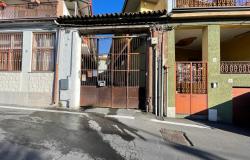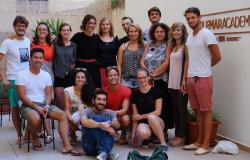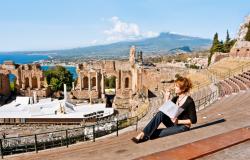 Archaeologists have unearthed 40 sarcophagi in what was once the sacred Phoenician burial grounds of Birgi, near the ancient colony of Motya.
Archaeologists have unearthed 40 sarcophagi in what was once the sacred Phoenician burial grounds of Birgi, near the ancient colony of Motya.
The tombs were discovered by chance by a group of construction workers excavating the foundations of a house close to the westernmost tip of Sicily near Marsala, culture officials said.
Archaeologists said the sarcophagi were made of simple stone slabs and resembled those found on display outside the museum on the neighbouring island of Motya (present-day Mozia), site of a prosperous Phoenician colony.
"The tombs were of different dimensions, including several used to bury children, and spread apart in irregular order," archaeologists said.
Although they failed to find objects inside the sarcophigi, archaeologists unearthed several vases of different sizes and shapes in the field.
"The vases were most likely used during propitiatory rites just before the burial took place," the experts said.
According to the experts, the tombs had clearly been ransacked by tomb raiders or perhaps by Joseph Whitaker, an archaeologist related to a noble British family that produced and exported Marsala wines from Sicily in the 19th Century. Whitaker, who was responsible for the rediscovery of Motya, built a house on the island and moved all his finds there in 1908.
His house now serves as the archaeological museum.
Motya - whose name means "wool-spinning centre" was founded in the 8th century BC, about a century after thefoundation of the most famous Phoenician colony in the ancient world, Carthage in Tunisia. Greeks also began to colonise Sicily at the same time as Motya's foundation and conflicts broke out between Greek and Phoenician settlements.
The Greek tyrant ruler of Siracusa, Dionysius I, destroyed Motya in 397 BC. Half a century later, Rome's intervention in the Greek-Carthaginian conflicts led to the Roman conquest of Sicily, which became Rome's first province. The Phoenicians were a trading people who formed a massive commercial empire across the Mediterranean from their bases in modern-day Lebanon.
Among the Italian cities they founded is today's capital of Sicily, Palermo.
Other colonies included Cadiz and Malaga in Spain, Tangiers in Morocco and Tripoli in Libya. Late last year, archaeologists announced they had found the remains of an ancient Phoenician temple off Motya, saying it was "unique" in the West.
"You have to go all the way to Amrit in Syria to find a similar one," said Lorenzo Nigro of the Rome University team, who headed the digs.
The temple came to light after a portion of a lagoon surrounding Motya was drained. The pool began to fill up again and a fresh-water spring
was found - a fact Nigro believes proves it was used as a holy place.
